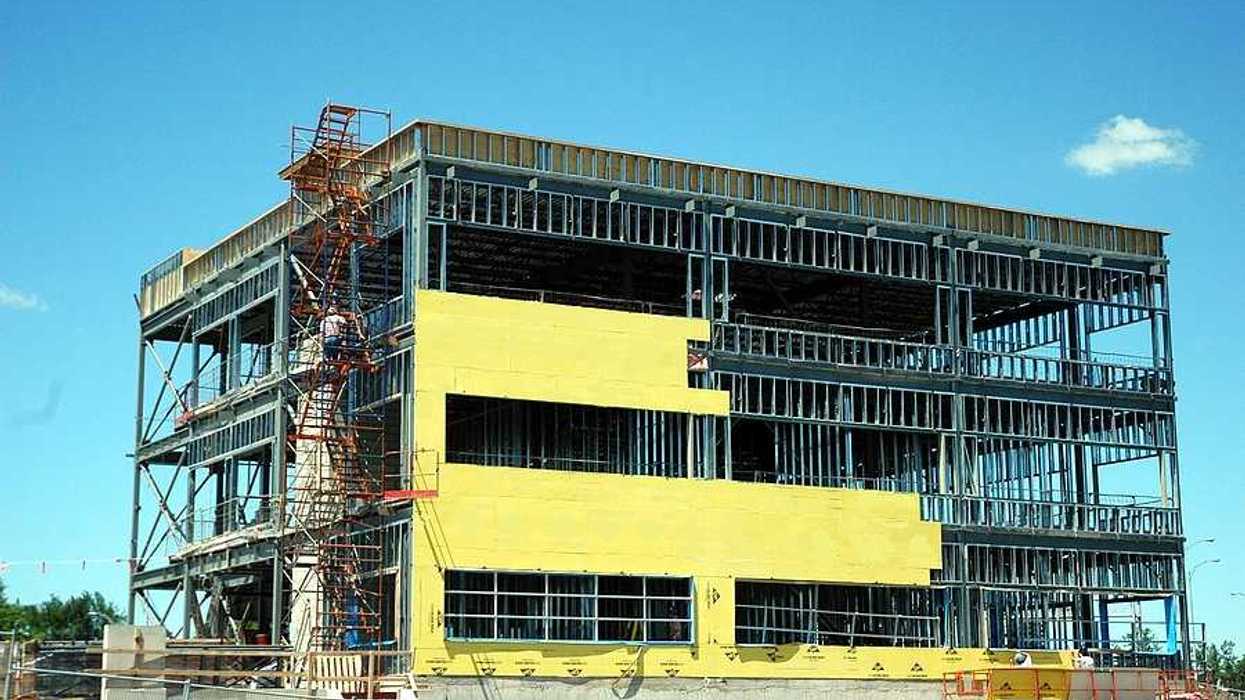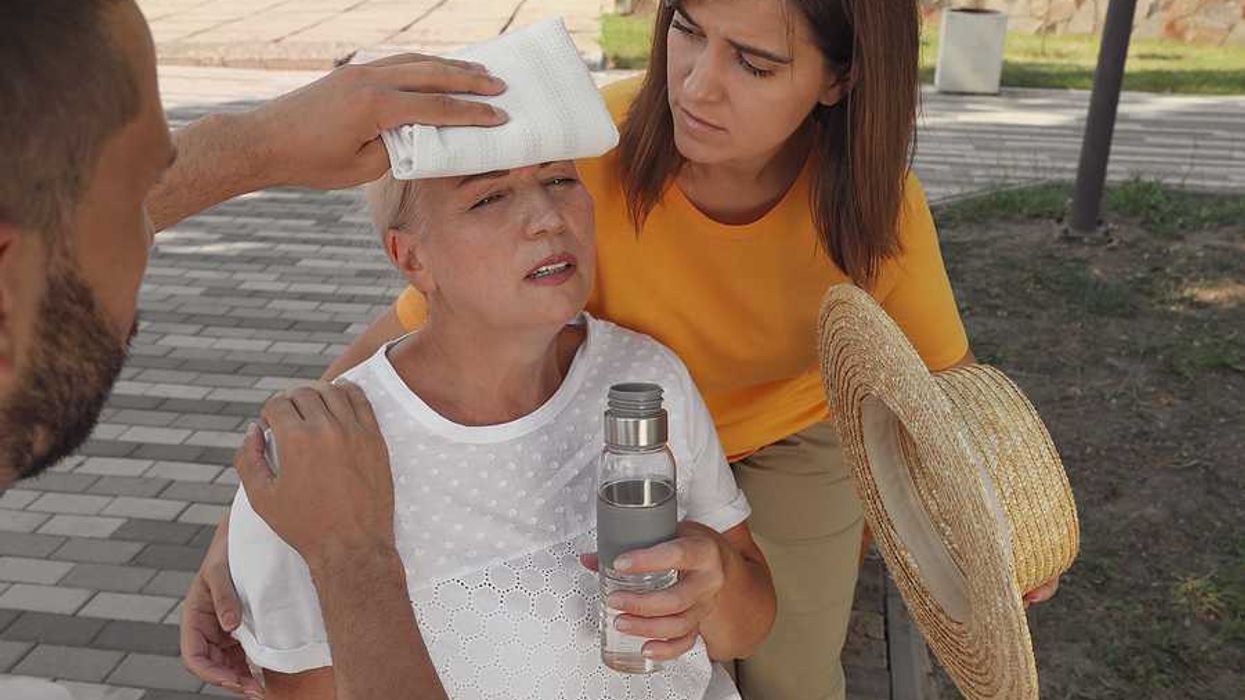Researchers tracked 14,800 Bradford, UK residents and found that relocating to neighborhoods with higher particle pollution raised the risk of new depression and anxiety drug prescriptions by 11% within a year.
Gary Fuller reports for The Guardian
In short:
- The research drew on anonymized health records from the Connected Bradford database, covering over 800,000 individuals since 1970, to compare prescriptions before and after moves.
- Relocating to areas with increased green space corresponded with reductions in mental health drug use, but only when parks and gardens offered safe, welcoming amenities.
- People already taking mental health medications tended to move more often into districts with poorer environmental quality, a pattern that may slow their recovery.
Key quote:
“Our study clearly shows that people experiencing mental health problems tend to move more often and to areas with worse environmental quality, which, in turn, may impact their ability to recover.”
— Prof Rosie McEachan, director of National Health Service Born in Bradford
Why this matters:
Air pollution’s impact on mental health adds a hidden dimension to urban environmental hazards. Beyond the well-documented effects on lungs and the cardiovascular system, airborne particles and traffic-related pollutants may alter mood, cognition, and stress resilience. Communities with fewer green refuges and more traffic face a double burden: degraded air quality and limited access to calming, restorative spaces. These disparities often mirror socioeconomic divides, deepening inequities in both physical and psychological well-being. Understanding how toxic air and inadequate public realms affect mental health underscores the need to consider clean air and quality green infrastructure as part of public health planning and community wellness.
Related: Pollution and our mental health














